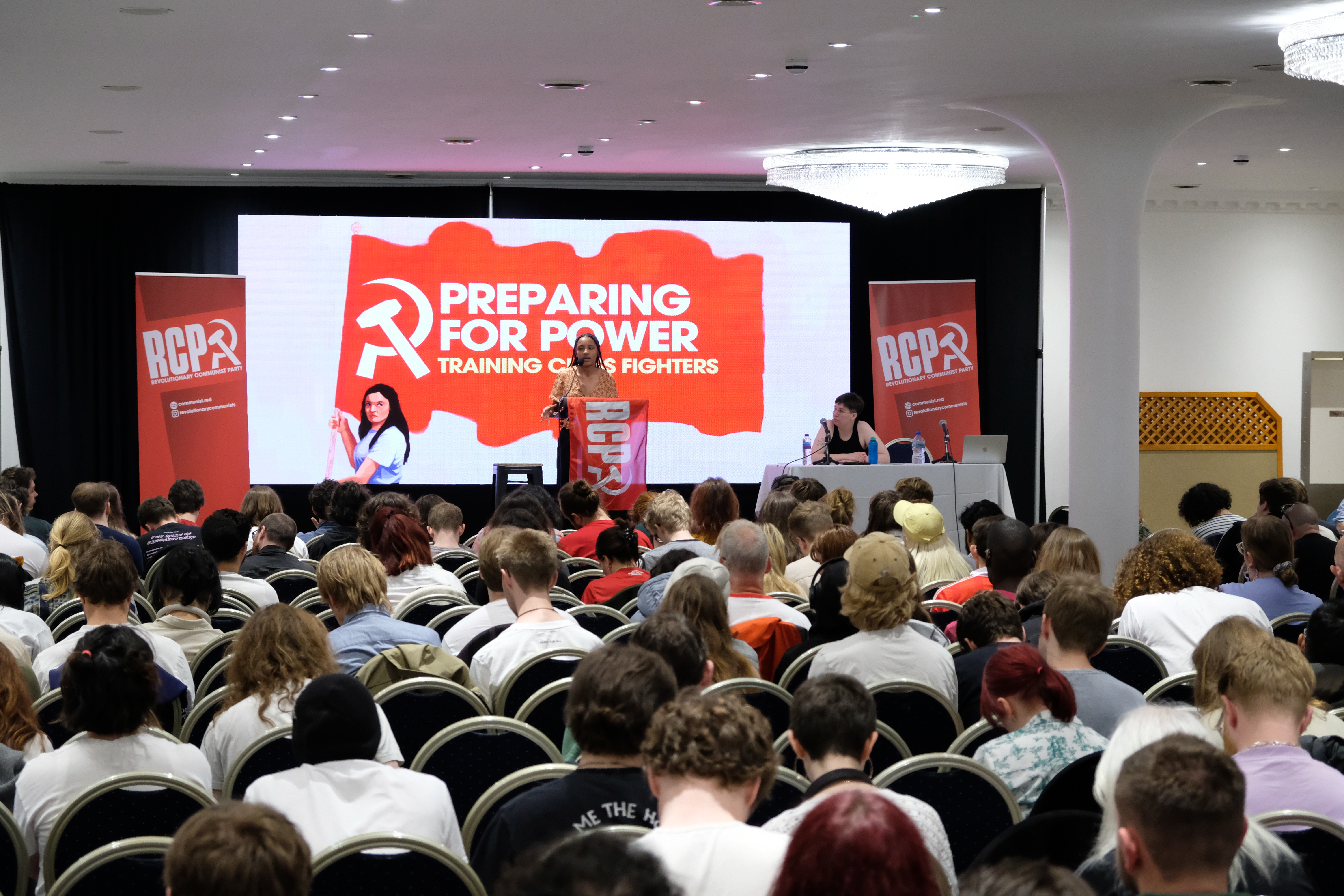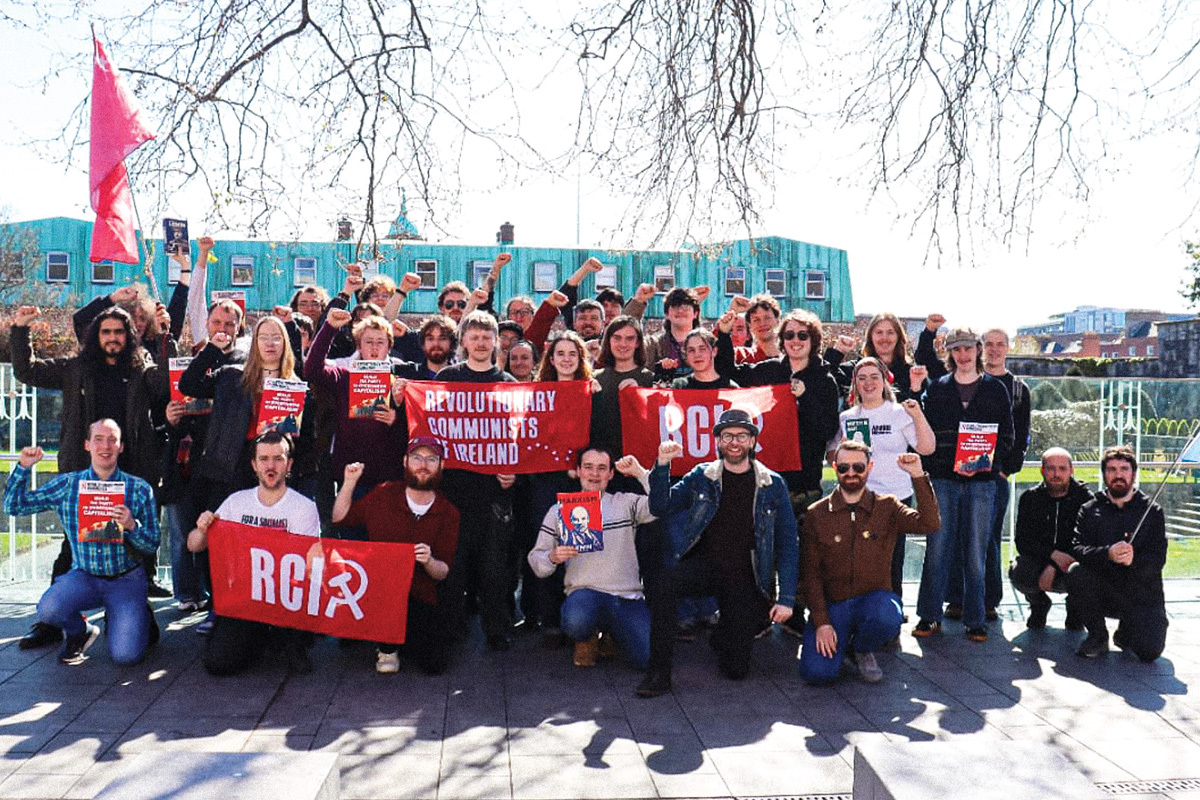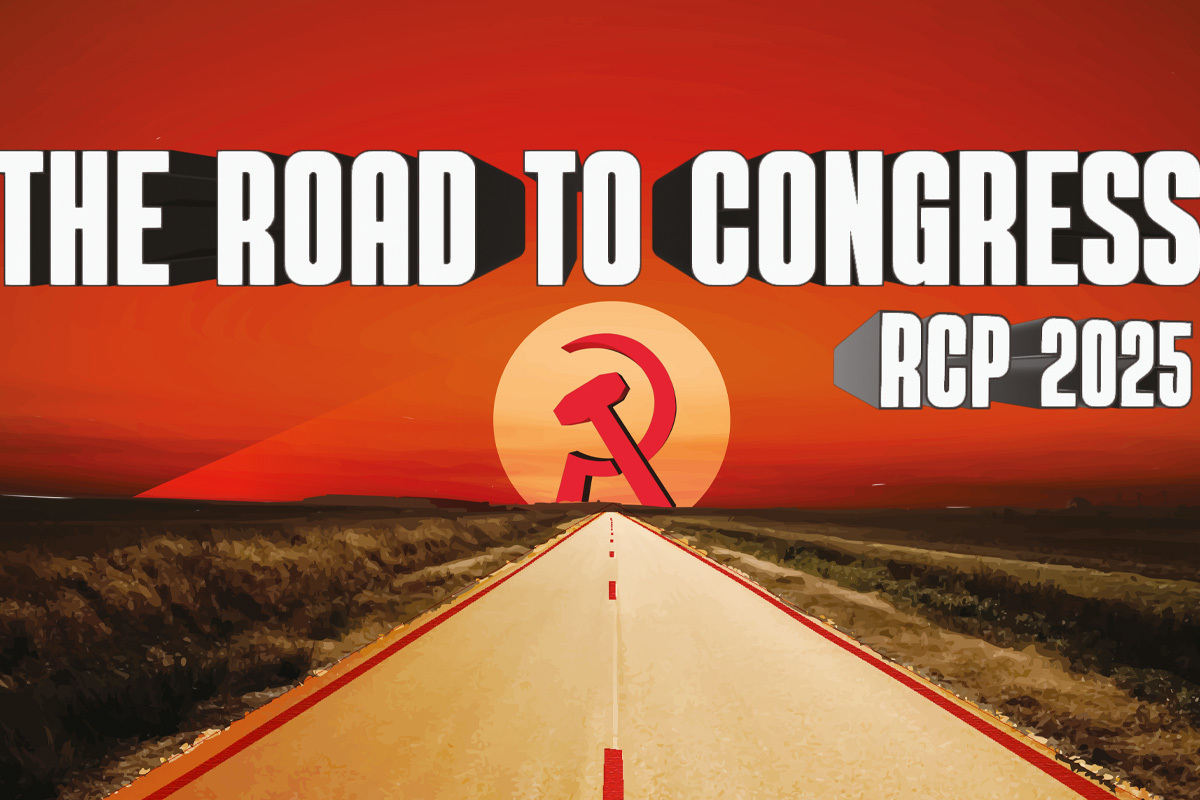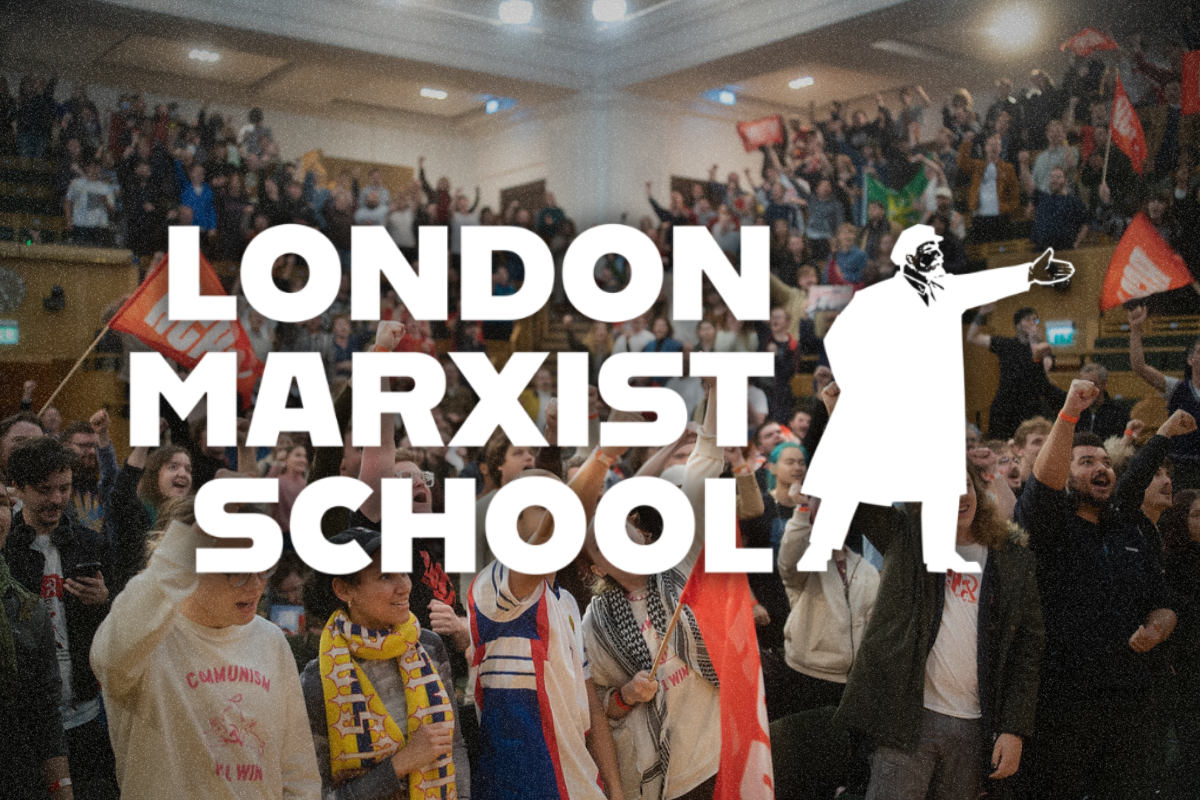The Revolutionary Communist Party aims for nothing less than to lead the revolution to overthrow capitalist society – to end all exploitation, oppression, and misery that this system is built upon.
This is a serious task which cannot be taken lightly. It is necessary to prepare by sharpening the greatest weapon in our arsenal: revolutionary Marxist theory.
Communists must study the history of class struggle, analyse the processes and contradictions within capitalism, understand how to overthrow it, and what we can replace it with.
As Lenin famously said in his classic text What is to be Done?: “Without revolutionary theory, there can be no revolutionary movement.”
Ideas are the foundation
A revolutionary party is therefore, first and foremost, its ideas, perspectives, and programme. Everything else flows from that. It is this foundation that guides us when intervening in events.
Given the very specific task the party has set itself, there is no room for a ‘broad church’ of ideas.
We base ourselves on the ideas of Marx, Engels, Lenin, and Trotsky, as these individuals developed theories that have been tested and proven correct by history. The RCP stands in the tradition of the Bolsheviks – the party that successfully led a socialist revolution.
Ideas are therefore at the centre of the Congress. From Friday evening to late Monday afternoon, the absolute majority of time is dedicated to discussing political questions.
The aim of the Congress is to raise the theoretical level of the party as a whole, by clarifying our perspectives and tasks.
The first two and a half days are focused on perspectives – that is, analysing the economic, political, and social situation in the world and in Britain, and forming our predictions about where it’s heading. The aim of perspectives is to look at the fundamental processes at play.
This doesn’t mean we can tell the future; but underlines that we must constantly draw our analysis from the real world, and update it as political events unfold.
That being said, having a solid understanding of perspectives gives us a clear guide for how communists should organise themselves.
Preparing for Congress
In preparation for these discussions, the leadership has produced a written perspectives document and an organisational resolution.
The documents point to the historic turning point that we are living through. Capitalism is creating conditions for trade war, conflicts, and war. The whole system is extremely fragile – any event could push it over the edge. Trump’s tariffs have increased the risk of triggering a world recession.
The crisis of capitalism is causing enormous social and political instability. For more than a decade, workers have seen their wages and conditions attacked. Public services have been cut.
Labour are showing on a daily basis that there is no difference between them and the Tories. Both are determined to carry out a war on the poor.
Enormous anger has built up in Britain. More and more people are wide open to revolutionary ideas. At the same time, the left has nothing to offer, creating a huge vacuum.
The RCP has the ideas and the programme. Our main obstacle is that we are far too small to fill that vacuum. Therefore, our most urgent task is to build up our forces – by recruiting to the party and training up revolutionary leaders steeled in Marxist ideas.
Democratic centralism
In preparation for the Congress, discussions have been organised at all levels of the party, to raise our collective understanding. Branches elect their delegates and have the right to send in amendments to the documents.

The party bases itself on democratic centralism. This organisational principle – which Lenin generalised from the experience of the workers’ movement internationally – can be summed up as ‘freedom of discussion, and unity in action’.
If someone has a disagreement, it is not only your right to bring it up, but your duty to do so, in order to raise the understanding of the party. Once the discussion has come to an end, a vote is taken, and the majority wins. After that, the party demands complete unity in action.
Branches do not mandate Congress delegates to vote in a certain way. Instead, delegates listen and participate in the discussion to make the best decision. Branches elect delegates who are the most trusted, responsible, and politically leading comrades.
The Congress also elects the party leadership, which is the Central Committee or ‘CC’. The role of the CC is to collectively lead the party between congresses, by developing its perspectives, drawing the lessons from our work, and setting out a strategy for growth.
It is the CC’s responsibility to ensure that the decisions made at congress are being carried out.
Democratic centralism is the only framework with which to build and develop a revolutionary organisation, capable of in-depth discussion, taking decisions on all political and organisational questions that arise, and carrying those decisions out in practice.
Forward to 2,000!
Perspectives show that class struggle is on the agenda. The main task of communists is to prepare to take advantage of that.
The most urgent question that all members must ask themselves is: What can I do to build the party? This will be discussed on the last day of the Congress.
Our aim is to reach 2,000 members as soon as possible. The organisation resolution proposes to launch a recruitment campaign over the summer, with a target of 200 new members.
We know that there are thousands of people who want to fight capitalism. It is our job to get them organised and turn them into revolutionary leaders, ready to take on the task of fighting for communism.
If you’re reading this, and you want to be involved in that fight, then get in touch today to join the Communists!
Report from the Second Congress of the Revolutionary Communists of Ireland
Will Collins, RCP Central Committee
I had the privilege of attending the Second Congress of the Revolutionary Communists of Ireland as a visitor from the British section.
In the space of just three years, the comrades have grown the organisation from just six to 56 which is a whopping 1,000 percent growth!
They raised their average membership subs by 40 percent in just one month, which allowed them to recruit their first full-time revolutionary. And they are on track to recruit another by the end of the year, and move into an office in Dublin!
They also set a bold target of reaching 100 members by Congress 2026.

It’s safe to say, we have a lot we can learn from the Irish comrades!
I got the strong feeling that the comrades really grasp perspectives, especially the comrades in the North of Ireland who would often say that “we are in a race against time”. This fills them with a sense of urgency to build the organisation as quickly as possible.
The comrades live and breathe the organisation, and they build it as if their lives depend on it. They know that no one else is going to do it for them, and therefore need to smash down all barriers in their way.
For example, the Congress had nearly full attendance from their comrades. I was told that one comrade sold his PlayStation and slept in a train station so that he could make it!
The comrades have an immense feeling of pride in the organisation and have the thirst to learn as much as possible so they can build their branches.
It may sound like a cliché, but the comrades have a real pioneering spirit. And this is reflected in the astonishing growth and achieving of bold targets.
When speaking to individual comrades, even newer ones, I got the impression that they knew exactly what their branch’s targets were, what part that played in the national target and what they had to do to rise to meet it. It felt as if everyone had a common goal and was pulling in the same direction.
I was bowled over by the enthusiasm from the comrades, and I have every faith they can smash their target of 100 members by next year.
Forward to 100 members! Forward to a 32-county Irish Socialist Republic!






